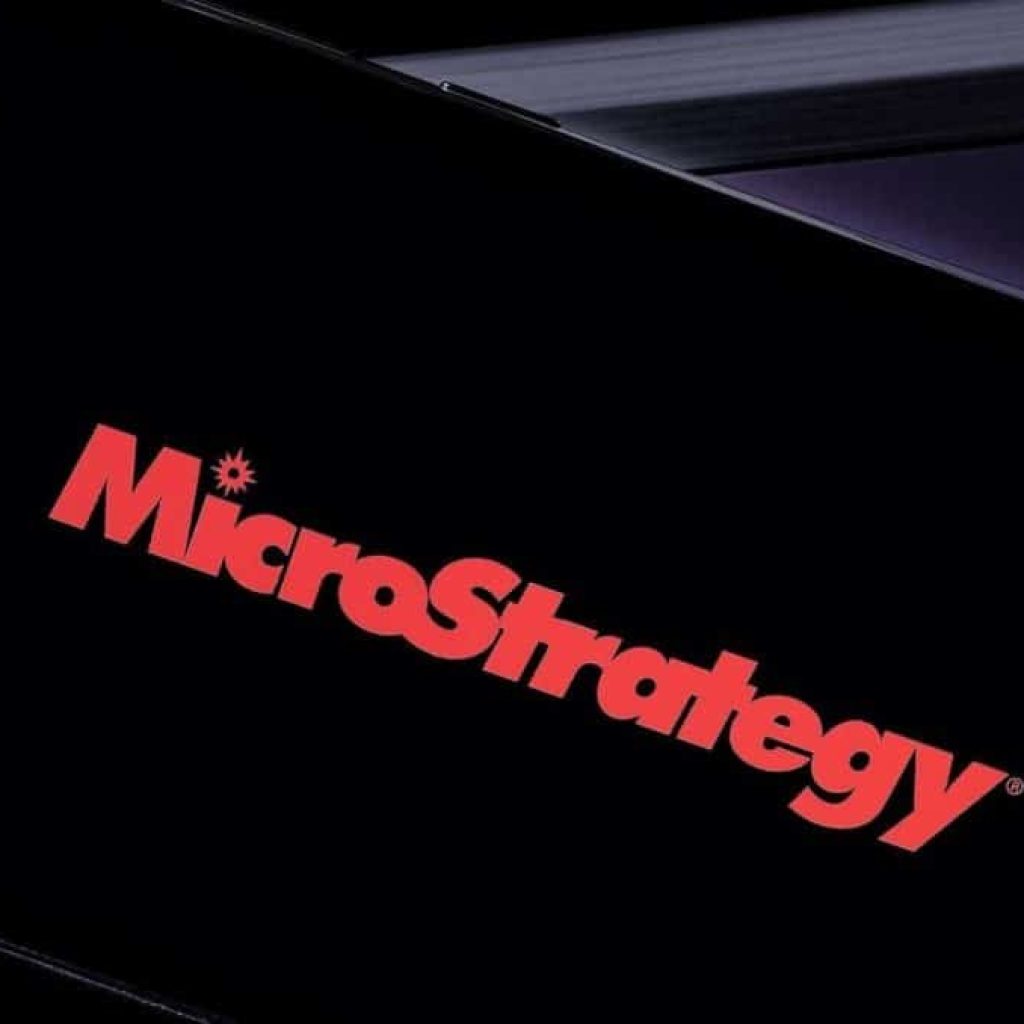In a groundbreaking move within the crypto trading sphere, Robinhood, a leading stock and cryptocurrency trading platform, unveiled plans to incorporate Arbitrum swaps into its Robinhood Wallet.
This announcement was made at ETHDenver, signifying a significant leap forward in providing users with enhanced access to decentralized finance (DeFi) opportunities.
Integration of Arbitrum swaps
Robinhood users anticipate gaining access to Arbitrum swaps through the Robinhood Wallet soon. Arbitrum, functioning as a layer-2 blockchain built atop Ethereum, offers faster and more cost-effective transaction processing than the Ethereum mainnet.
The inclusion of Arbitrum swaps within the Robinhood Wallet marks a pivotal moment, enabling users to engage in cross-chain swaps and other initiatives aimed at streamlining the utilization of Web3 on the platform.
The revelation of Robinhood’s integration with Arbitrum led to a surge in the value of Arbitrum’s native token, ARB. After the announcement, ARB experienced a remarkable spike, appreciating by over 11%.
This surge underscores the significance of mainstream platforms embracing layer-2 solutions like Arbitrum, facilitating broader accessibility and adoption within the crypto ecosystem.
Streamlined access to DeFi opportunities
With Arbitrum’s prominence in the DeFi space, boasting approximately $3.2 billion in total value locked (TVL), Robinhood’s decision to incorporate Arbitrum swaps holds profound implications for traders. A.J. Warner, Chief Strategy Officer at Offchain Labs, the primary developer firm behind Arbitrum, expressed optimism regarding the collaboration, highlighting how Robinhood’s vast user base now has access to low-cost in-app swaps, democratizing access to DeFi.
Johann Kerbrat, General Manager of Robinhood Crypto, emphasized the platform’s commitment to simplifying the complexities of transacting on layer-2 solutions for non-crypto natives. By integrating Arbitrum swaps into the Robinhood Wallet, the platform aims to streamline the onboarding process for individuals new to Web3, effectively reducing barriers to entry and fostering greater participation in the burgeoning decentralized ecosystem.





